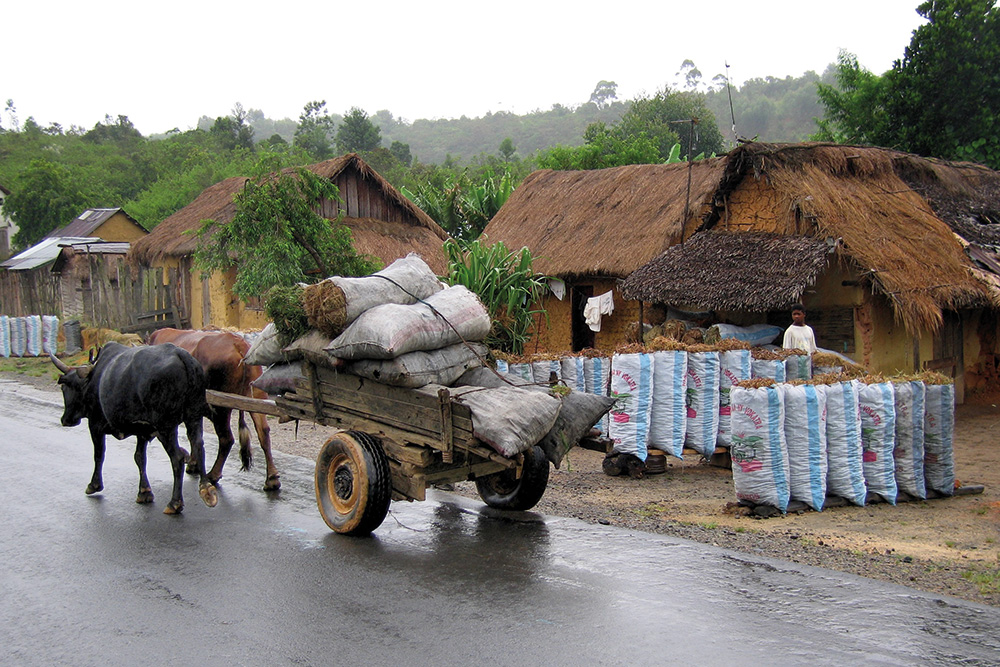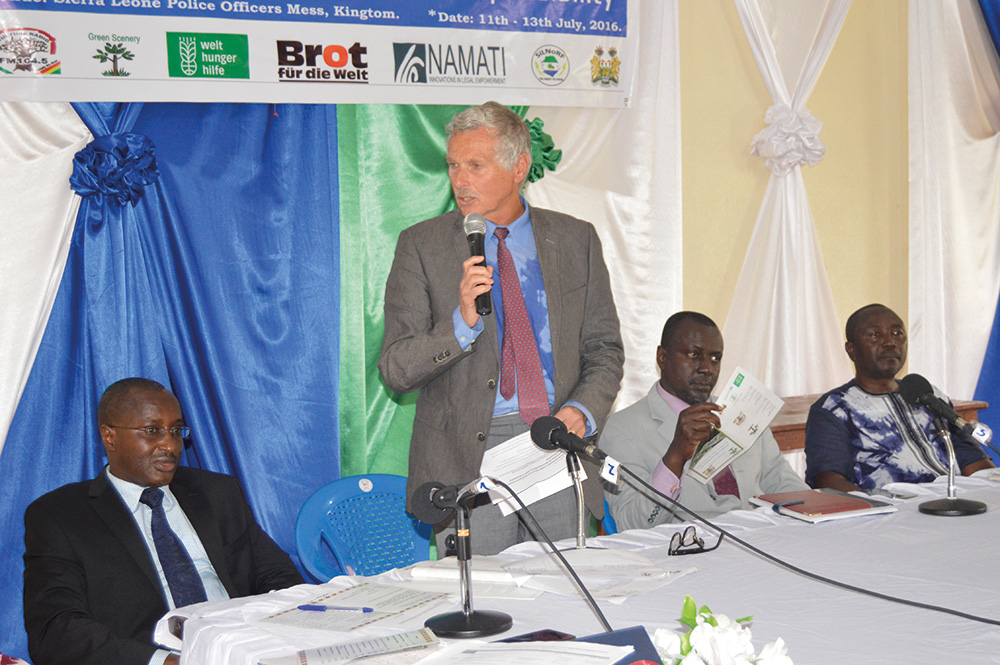DLG-Verlag was founded in 1952 as a subsidiary of DLG e.V. (Deutsche Landwirtschafts-Gesellschaft - German Agricultural Society) with its headquarter in Frankfurt/ Germany. The publishing company provides expertise for the agricultural and food sector.
With its subsidiaries Max-Eyth-Verlag and DLG-Agrofood Medien GmbH the DLG-Verlag offers books and magazines, as well as catalogs of the DLG's international DLG exhibitions.
Members:
Resources
Displaying 1 - 5 of 316At the wooden cross-road
Fuelwood and charcoal continue to be indispensable in cooking the daily meal for most people in sub-Saharan Africa; in addition, wood as a fuel represents an important source of income. Pressure on forest resources as well as health hazards through indoor air pollution have resulted in more calls for switching to alternative energy sources. Our authors suggest another alternative: improving the existing supply chains.
Land reform – the solution to rural poverty?
Following the end of apartheid, South Africa’s government set itself ambitious goals with a planned land reform. However, there have since been barely any changes in the country’s agricultural structure, and the positive impacts that were hoped for on rural livelihoods have hardly materialised. A critical assessment of 22 years of land reform policies.
Those in darkness drop from sight
Sierra Leone is one of the least developed countries in the world and is still recovering from a civil war that ended in 2002. Increasingly, the Sierra Leonean government seeks to attract foreign investors through providing opportunities for large-scale land leases for the development of agribusiness. This has triggered a rapid transformation process that poses a considerable threat to food security and social stability. Despite being a pilot country for the implementation of the Voluntary Guidelines on the Responsible Governance of Tenure, there is no real change on the ground as yet.
“We can‘t be satisfied yet“
On the 11th May 2012, the Committee on World Food Security of the United Nations adopted the Voluntary Guidelines on the Responsible Governance of Tenure of Land, Fisheries and Forests (VGGT). Rural 21 asked Roman Herre of the human rights organisation FIAN about his views on the implementation of the Guidelines so far.
Why property rights matter
It is widely accepted among economists and policy-makers that secure and well-defined land property rights are integral to poverty alleviation and economic prosperity. But how do legal systems, land tenure and economic development really relate to one another? Our author demonstrates the links using her latest research results from 146 countries.






